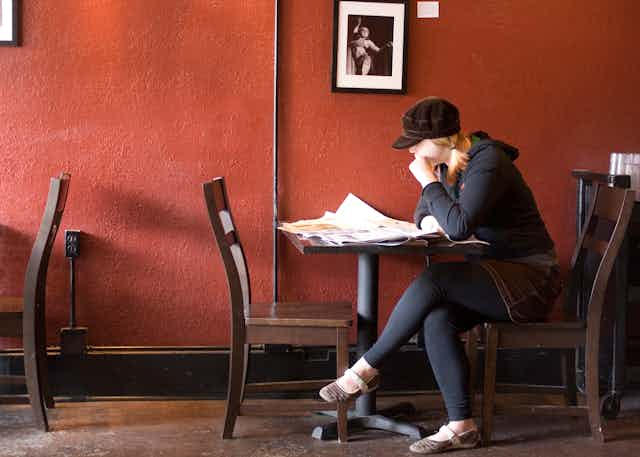Here at The Conversation, we are committed to publishing evidence-based journalism that aims to inform rather than persuade. In a world flooded with opinions based on alternative versions of reality, we think it’s vital that someone does the heavy lifting of sorting truth from fiction.
It’s one reason why we have been commissioning FactCheck articles written by academics since 2013. And it is why we are so pleased to see the return of the ABC Fact Check unit, which was closed in May 2016 and relaunched today as RMIT ABC Fact Check. In a time of slippery weasel words and “alternative facts”, Australia needs fact checking more than ever and it’s not something we think should be left to just one organisation.
The ABC’s return to fact checking, in collaboration with RMIT, will hopefully get the nation talking about facts, evidence and how we can all become more critical media consumers. It also reminds us of the importance of trust in journalism, and the need for media outlets to be transparent about how we work.
The Conversation’s unique FactCheck process, has been praised as a “unique and fascinating model” by the Poynter Institute in the US. It involves commissioning academic experts from across Australia to pen short articles testing statements by politicians and other public figures against the evidence. We always offer right of reply to the person whose factual claims we are checking.
We then ask a second academic expert to blind review the FactCheck draft. That means they read it without knowing the original author’s identity to check that it really is correct and impartial. The blind review is a crucial step and has helped weed out inaccuracies many times in the past. Our FactCheck Editors challenge both author and blind reviewer to support their own arguments with sourcing and high quality evidence.
Above all, we want our FactChecks to be accurate and fair, and help hold our community and political leaders to account. Our FactChecks have been mentioned in parliament, republished widely and cited by advisers helping to craft policy.
In 2017, we are continuing our collaboration with ABC TV’s Q&A program, in which we ask for viewers to send us panellist statements they’d like to see fact-checked using the hashtags #factcheck #qanda. We’re hoping that the new RMIT ABC Fact Check team will be joining us in this work soon. In the meantime we are hoping to publish more FactChecks than ever, following the expansion of our FactCheck editorial team late last year.
It’s our hope that a healthy fact-check culture in Australia will have us all listening to our public figures with a more critical ear, and asking ourselves: “Hang on, is that really true?”
So far The Conversation has published nearly 200 FactCheck articles and you can read them here. You can also request a new FactCheck at checkit@theconversation.edu.au. Please include the statement you would like us to check, the date it was made, and a link if possible.
Thanks again for reading The Conversation and for caring about the facts.

